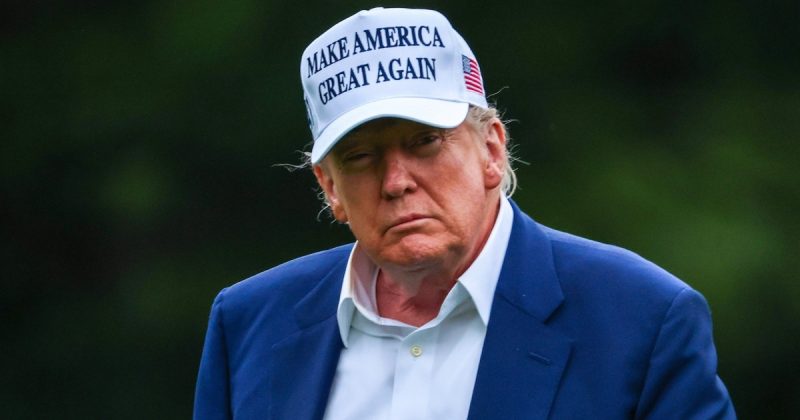
President Donald Trump has leveled a serious accusation against Harvard University, claiming the institution is “very antisemitic.” This inflammatory statement came alongside a threat to withhold a staggering $3 billion in federal grants allocated for medical and scientific research. The president’s assertion has ignited a firestorm of controversy, with Harvard swiftly rejecting the allegations and defending its commitment to combating antisemitism and all forms of discrimination.
This dramatic escalation follows a previous demand from the president for a comprehensive list of all international students enrolled at Harvard. His stated goal was to identify “radicalized lunatics and troublemakers.” This request is particularly noteworthy given that the government already possesses such data through existing visa application processes. The timing and context of this demand have fueled speculation about the president’s motives and the true target of his ire.
Harvard’s response has been firm and unequivocal. The university issued a statement forcefully rejecting any accusations of antisemitism and reiterating its dedication to fostering an inclusive and welcoming environment for all students, faculty, and staff. The institution’s strong stance underscores the gravity of the situation and the potential ramifications of the president’s threatened actions.
The situation remains highly volatile. The implications of withholding such significant funding from a leading research institution are far-reaching, potentially impacting crucial medical advancements and scientific breakthroughs. Furthermore, the president’s actions raise concerns about academic freedom and the potential for political interference in higher education. The coming days and weeks will likely be crucial in determining the outcome of this high-stakes confrontation and its broader impact on the relationship between the federal government and academic institutions.










